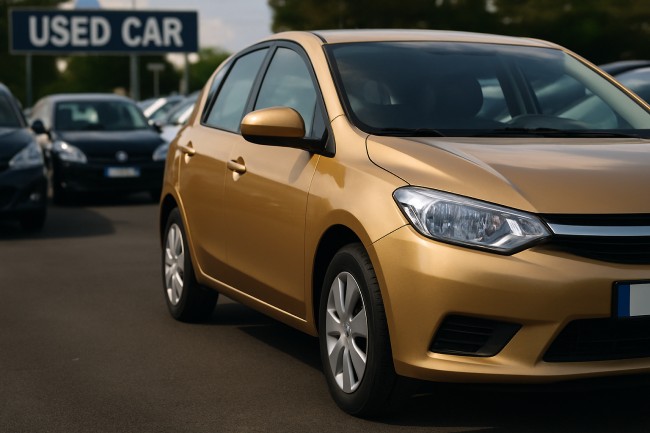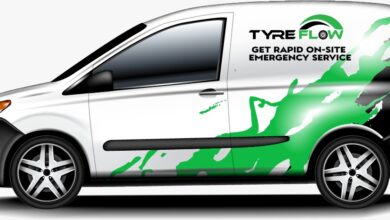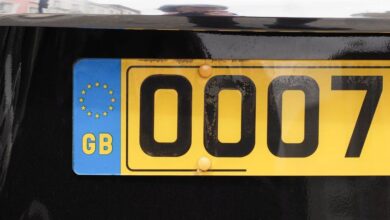How to Save Money on a Used Car: A Complete Guide

Buying a used car can be one of the smartest financial decisions you make, but only if you approach it with careful planning and knowledge. Unlike brand-new cars that lose value quickly, second-hand vehicles often provide excellent value for money—if you know where to look and how to negotiate. One essential tool to understand your financial position before purchasing is a negative equity calculator, which helps you determine whether your existing finance puts you at risk of overspending when switching to another car.
Why Buying a Used Car Can Save You Thousands
Depreciation Advantage
New cars lose up to 30% of their value within the first year alone. With a used car, the bulk of this depreciation has already happened, meaning you pay a price much closer to the vehicle’s long-term value.
Lower Purchase Price
Quite simply, used cars are cheaper. For the same budget, you can often afford a higher trim level, better features, or even a more premium brand compared with buying new.
Affordable Insurance and Running Costs
Insurance premiums are usually lower for older cars, especially if they fall into lower insurance groups. In addition, road tax and servicing costs are often cheaper depending on the make, model, and age of the car.
Steps to Save Money When Buying a Used Car
1. Research Before You Buy
Start by researching the market thoroughly. Compare prices across dealerships, online marketplaces, and private sellers. Understanding the going rate for the make and model you want prevents overpaying.
2. Check Vehicle History
Always use a reputable service to check a car’s history. Look out for:
-
Outstanding finance agreements.
-
Previous accidents or damage.
-
Mileage discrepancies.
-
Whether the car has ever been written off.
A small investment in a history check can save you thousands in the long run.
3. Set a Realistic Budget
Before shopping, calculate exactly how much you can afford. Consider not only the purchase price but also running costs, insurance, tax, and potential repairs. Using tools like car finance calculators helps clarify your monthly affordability.
4. Inspect Before You Commit
Never buy a used car without a proper inspection. Look for rust, unusual tyre wear, and any leaks. If you are not confident in your mechanical knowledge, consider hiring a professional mechanic for an independent inspection.
Negotiation: How to Get the Best Deal
Be Prepared to Walk Away
The strongest negotiating tool you have is the ability to walk away. If the price doesn’t suit your budget or the car doesn’t meet your standards, move on. There are always other vehicles available.
Compare Dealer vs Private Seller Prices
Dealers may charge more, but they often provide warranties, service histories, and consumer protections. Private sellers can be cheaper, but you take on more risk. Use this difference as leverage when negotiating.
Use Timing to Your Advantage
Dealers often have monthly sales targets. Shopping towards the end of the month or quarter can sometimes help you secure better discounts.
Finance Options for Used Cars
Hire Purchase (HP)
Hire Purchase is a simple way to spread the cost. You pay fixed monthly instalments and own the car outright once the final payment is made.
Personal Contract Purchase (PCP)
PCP offers lower monthly payments, but you do not own the car at the end unless you pay a final balloon payment. While affordable upfront, be mindful of mileage restrictions and potential charges.
Cash Purchase
Paying cash avoids interest charges altogether. If you have the funds available, this is often the most cost-effective option in the long term.
Tips to Save Money After Buying a Used Car
Maintain the Vehicle Regularly
Proper servicing and regular maintenance not only extend the life of your car but also help it hold its value for resale.
Drive Economically
Smooth acceleration, maintaining steady speeds, and avoiding unnecessary idling all reduce fuel costs.
Shop Around for Insurance
Do not simply accept your renewal quote. Use comparison sites to check for cheaper insurance providers and consider options like black box policies if you are a low-mileage driver.
Avoid Unnecessary Extras
Dealers may attempt to sell you add-ons such as extended warranties, paint protection, or tyre insurance. While some can be useful, many are overpriced. Always assess whether you really need them.
Common Mistakes to Avoid
-
Rushing the purchase: Taking your time ensures you spot potential issues and negotiate properly.
-
Ignoring total costs: Looking only at monthly repayments can hide high-interest rates or additional fees.
-
Skipping the test drive: Always test the car in different conditions—urban, motorway, and country roads.
Conclusion
Saving money on a used car is not just about finding the lowest purchase price; it’s about making smart, informed decisions throughout the entire process. From researching thoroughly and negotiating wisely to choosing the right finance option and maintaining your vehicle properly, every step plays a role in reducing your overall costs.
By taking the time to use tools such as a negative equity calculator, inspecting vehicles carefully, and budgeting realistically, you can drive away with a car that suits your needs without stretching your finances.



